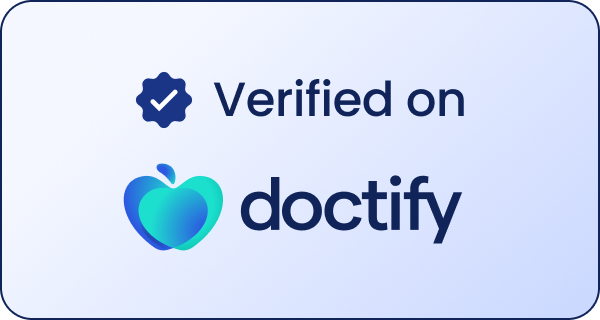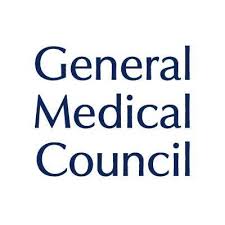How is OCD treated in children?
OCD is a treatable condition, and many children improve significantly with the right support.
Cognitive Behavioural Therapy (CBT) with Exposure and Response Prevention (ERP)
This is the most effective, evidence-based therapy for OCD. It helps children:
-
Understand how OCD works
-
Gradually face their fears in a safe and supportive way (exposure)
-
Resist the urge to perform rituals (response prevention)
-
Learn healthier ways to manage anxiety and intrusive thoughts
Family Involvement
Parents are supported to understand the condition and reduce unintentional reinforcement of rituals. Practical strategies can also help reduce stress at home.
Medication
In some cases, medication such as selective serotonin reuptake inhibitors (SSRIs) may be considered alongside therapy, particularly if symptoms are severe or ongoing.



